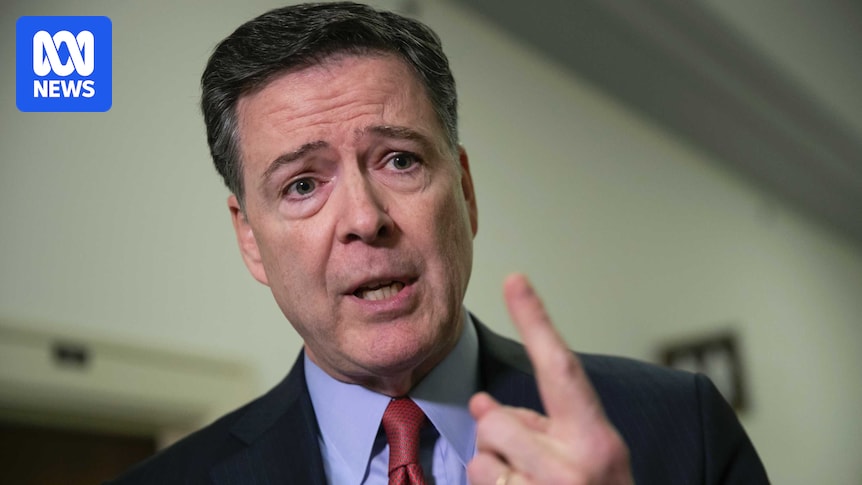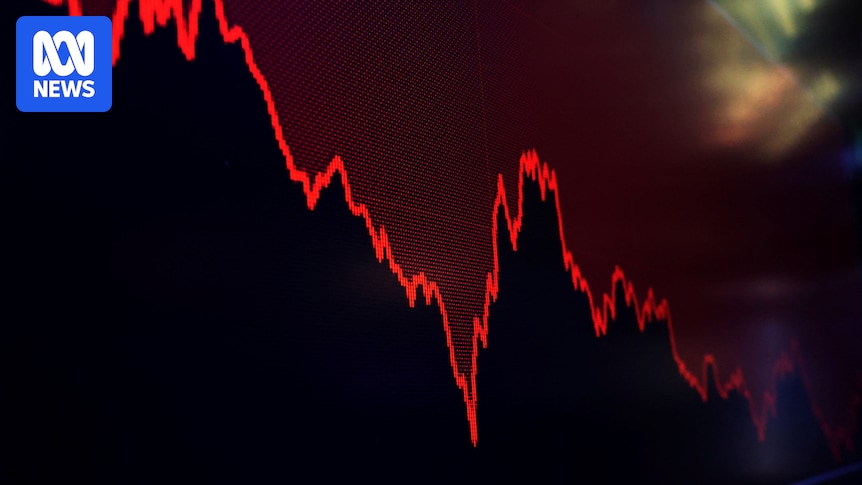
US President Donald Trump has signaled that further indictments could be on the horizon following the recent charges against former FBI Director James Comey. Speaking to reporters on Friday, Trump stated, “I think there will be others,” though he did not specify any individuals or provide a list of potential targets.
The indictment of Comey, who faces charges of false statements and obstruction of a congressional proceeding, marks a significant moment as it is the first instance of the Trump administration pursuing criminal prosecution against a high-profile adversary. Comey, who led the FBI during the investigation into Trump’s 2016 campaign’s alleged ties with the Russian government, has maintained his innocence and vowed to contest the charges in court.
The Political and Legal Implications
This development follows Trump’s longstanding calls for Comey to face legal consequences, including his demand for the removal of a prosecutor who previously deemed the case insufficiently strong. The indictment is seen by some as a culmination of Trump’s efforts to wield presidential power against those he perceives as political enemies.
Since reassuming office in January, Trump has taken several controversial actions, including pressuring law firms to drop clients with opposing views, leveraging federal funding to enforce changes at academic institutions, and dismissing prosecutors involved in investigations against him. Additionally, Trump has advocated for charges against figures such as former National Security Adviser John Bolton, New York Attorney-General Letitia James, and Democratic Senator Adam Schiff.
Expert Opinions and Broader Consequences
Legal experts are weighing in on the potential ramifications of this case. Rebecca Roiphe, a law professor at New York University, commented on the wider impact, stating, “The ripple effect from this is huge. If you are someone who opposes the president or the administration or poses some kind of obstacle to its agenda, you are doing so at grave risk.”
Meanwhile, leaders within the Justice Department have portrayed the indictment as a necessary measure against political corruption and the misuse of law enforcement powers. Attorney-General Pam Bondi emphasized the department’s commitment to accountability, declaring that the charges reflect a dedication to holding those in power responsible for deceiving the American public.
“The indictment reflected the Department of Justice’s ‘commitment to holding those who abuse positions of power accountable for misleading the American people,'” Attorney-General Pam Bondi said in a statement.
Historical Context and Future Outlook
The move represents a continuation of Trump’s narrative that the legal system has been unfairly used against him. During his campaign for the 2024 presidency, Trump capitalized on this theme, promising political retribution against those he claimed had wrongfully targeted him and his supporters. His presidency has been marked by four criminal indictments, which he has consistently argued were politically motivated.
Deputy Attorney-General Todd Blanche has denied any undue influence on the Justice Department’s decision to indict Comey, asserting that the department is merely fulfilling its duties. “Mr. Trump wants us to do our job,” Blanche told Fox News’s America Reports.
As the legal proceedings unfold, the nation watches closely to see how this case might influence the broader political landscape. The implications of using criminal prosecution as a tool against political opponents could set a precedent with far-reaching consequences for the American justice system and its perceived impartiality.
In a symbolic gesture, the White House’s social media presence has reinforced Trump’s narrative of transformation from victim to aggressor. In July, an image was posted featuring Trump with fireworks and American flags, accompanied by the text, “I was the hunted. NOW I’M THE HUNTER.”
As the legal battles continue, the nation remains divided over the motivations and legitimacy of these actions, with each side preparing for the potential fallout from this contentious chapter in American politics.







